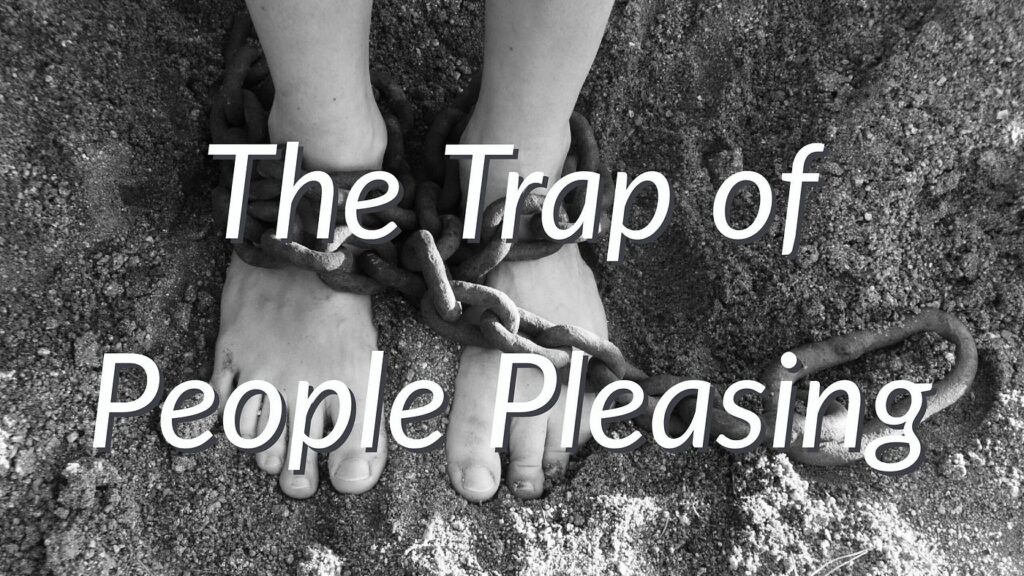I am blessed to have a husband who is a rather good handyman. In fact, my grandson Andrew said, “Papa can fix anything!” Truth! Well, at least, he can fix most things.
That same wonderful husband, to whom I have been married for almost fifty-three years, treats me so well, and I am most grateful. He is quick to help in the kitchen, the yard, or anywhere else he is needed. Sometimes, when he is working on cleaning the kitchen after a meal, I come to assist. Often, he will say, “No, you cooked, so I’ll clean. I insist on helping him, and he will say, “Sit down. This is a one-person job!”
Yep, he is a keeper!
Over the years, we have both discovered that there is something that he cannot fix for me because it is a one-person job. Oh, he tried through the years to fix it for me, and then he discovered that he could not fix it because it is a one-person job.
Let’s go ahead and establish ahead of time, I might hurt some feelings and maybe rustle some feathers. If that happens, I apologize in advance, and if we were together in person, I would pat your hand, look into your eyes and say, “I understand. I love you. It will be okay.” Sometimes, we need a friend to tell us the hard things. Here goes!
Joy is a one-person job.
Finding joy is your choice. I know we have heard joy is a choice so much that we never want to hear it again. Yet, it is still true. Joy is your choice. It’s your decision, no one else’s. You might have experienced tremendous loss, hurt, and sickness, but you can still choose to live a life with joy in it — even through the sad and tough times. My husband is not responsible for my joy. My best friend is not responsible for my joy. Even a bag of chocolate kisses is not responsible for my joy. (Although that bag of chocolate can do temporary wonders!)
To be clear, I am not saying we won’t experience times of great sorrow, sadness, and trial. I know there are those who live in chronic pain or face debilitating illnesses. There are those facing tremendous loss and unfair circumstances. At some point in the journey of difficulty, one will need to choose not to be eaten alive by despair. Choose joy.
If we want to climb out of the pit of despair, we will have to be intentional about it.
As a child, I was raised in a really abusive home. It was not unusual for all of us to be abused and beaten. I won’t give the details, but it was brutal. There were many other forms of abuse. It was a hard life.
As I began my married life, I was in no position to create a happy, peaceful home! I was mad, wounded, and miserable. My husband did all he could to make me happy and to bring joy to my life. My husband was a pastor, and church members wanted to be around me, until they didn’t! I chose to allow my past to control my temperament and how I responded to others.
There came a point that I met a woman named Benji. I listened as she gave her testimony. I was shocked at the abuse that she endured in her childhood. Benji’s mother died when Benji was just a child. After the mother died, Benji’s father immediately made her start sleeping in his bed. I will not paint the details, but I’m sure you get it. The father proceeded to board up all the windows and lock the doors and not let Benji out for fear it would be discovered what he was doing. This went on for YEARS.
Without writing Benji’s whole story here, let me give you the ending. A person walking past Benji’s house saw a set of eyes peering through the cracks between the boards. The woman, who had been walking by, went up close to the window, and Benji was able to communicate with her. Benji was rescued and went into an orphanage for a couple of years and found Jesus. Really, it was Jesus who found Benji.
Benji was a joyful, cheerful, loving person who learned that joy was not in perfect circumstances. She spoke of her joyful life and how much she was enjoying life. Benji chose joy over misery, and it awakened me to say to myself, “Joy is a choice.”
When our son Bryan died, I thought I would never stop feeling a level of pain that I thought was impossible for a person to feel. Our world had been shaken to the core. It was months before I felt like I could breathe again. I found myself as tired and depressed as I had ever been in my life. I had on the garment of heaviness, and it felt impossible to take it off. Honestly, I felt like that dark garment of heaviness was mine to keep until the day I joined Bryan on the other side.
As I cried out to God, well into months of grief, I asked God to help me walk out of the joylessness I was experiencing. I did not take this step just because I was a child of God. I looked for reasons to recapture the joy of life, and I found some. I wanted to be joyful for my husband, my children, and my grandchildren. That was enough to keep my commitment to recapturing joy. As I chose joy and walked hand-in-hand with God, that cloak of heaviness began to lift. Do I still miss my son? Of course, but despair no longer cripples me.
Finding joy in your life does not mean you walk around in a perpetual state of skipping and laughing. You might not be grinning and waving to every single passerby, although that would be fun for extroverts. It means that every day that God gives me, I will be grateful to Him, and I will look towards Heaven thanking God for a new day, and I will choose joy, because joy is a one-person job.
“Then my head will be exalted above the enemies who surround me; at his sacred tent I will sacrifice with shouts of joy; I will sing and make music to the LORD. – Psalm 27:6; The joy of the Lord is your strength. – Nehemiah 8:10”





